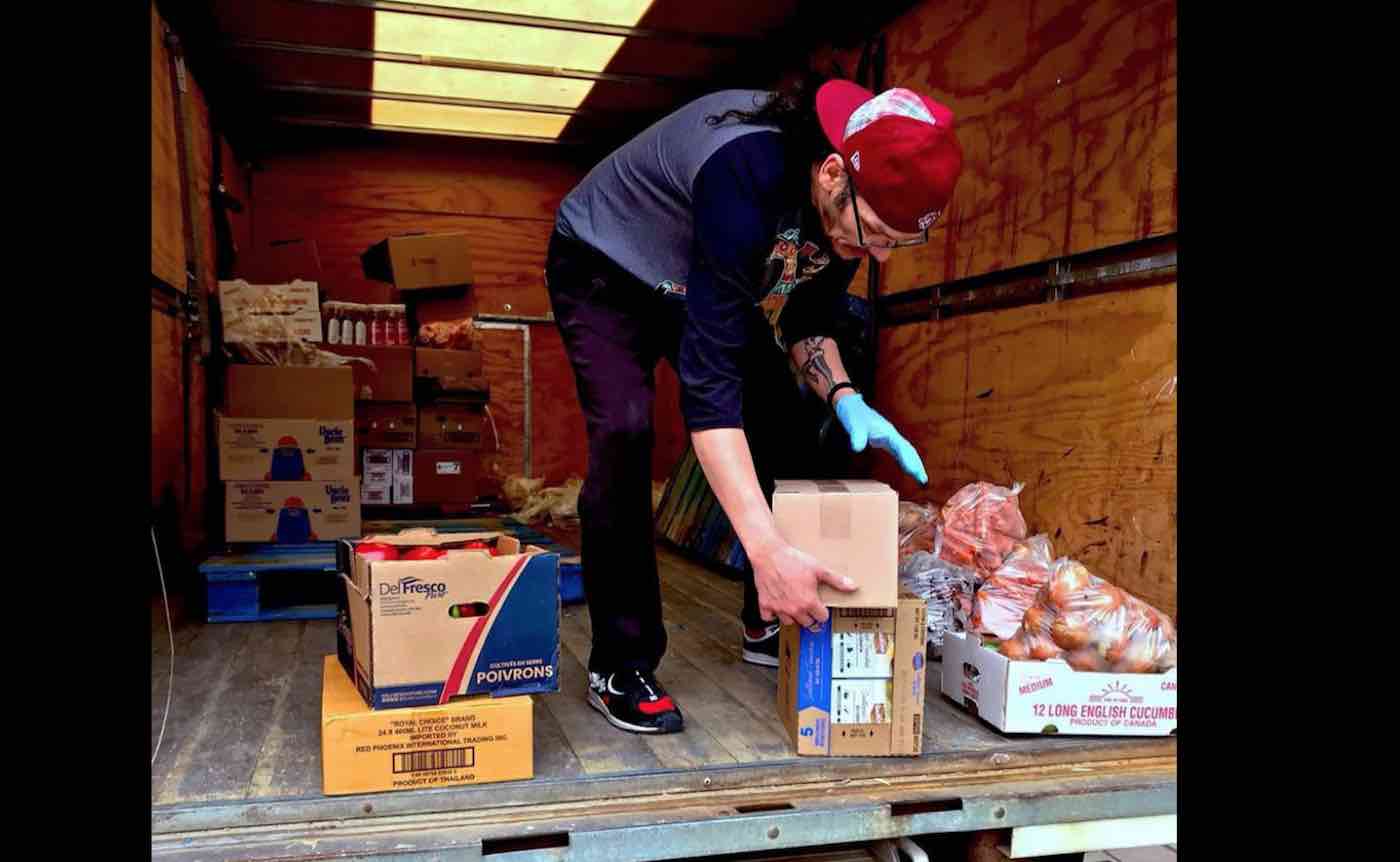
- Select a language for the TTS:
- UK English Female
- UK English Male
- US English Female
- US English Male
- Australian Female
- Australian Male
- Language selected: (auto detect) - EN
Play all audios:
Anyone who pays attention to mainstream media, especially these days, has experienced “scaremongering”—but what about “caremongering”? Even as I write this article my spelling software
suggests that I change caremongering into scaremongering—because there has never been such a word. Well that’s no longer the case, since Toronto residents Mita Hans and Valentina Harper set
up the first of what now totals 35 Facebook “Caremongering” groups to help out people in Canada during the coronavirus epidemic in Halifax, Ottawa, Ontario, and Annapolis County, Nova
Scotia. People are joining the groups to either ask for help or offer help—particularly to people most susceptible to or most at-risk of the more serious symptoms of COVID-19. Between the
30,000 caremongers of the 35 groups, a “Candemic” attitude has served to reinforce the image of the Canadian kindness. CHECK OUT: 10 Positive Updates on the COVID-19 Outbreaks From Around
the World “Scaremongering is a big problem,” Harper tells the BBC. “We wanted to switch that around and get people to connect on a positive level, to connect with each other. “It’s spread
the opposite of panic in people, brought out community and camaraderie, and allowed us to tackle the needs of those who are at-risk all the time—now more than ever.” On the Toronto
Caremongering Facebook group, 10,000 members regularly write either one of three typical posts: #ISO which stands for “in search of,” #OFFER posts, where people offer goods or services to
people trapped in self-isolation, and #SHOPS which gives info about shops that are open or stocked. RELATED: After Rediscovering Warehouse Treasure Trove of 50,000 Face Masks, IKEA Donates
Them All to Hospital However, there are also discussion posts like introductory video that Harper posted earlier this week about how learning the Cree language can be something that people
can do while self-isolating. “I think there is an international belief that Canadians are so nice,” she said. “And I think there is something Canadian about this because as our population
is small as a country, there is a tendency to look out for each other, even if there are a few bad apples who buy all the toilet paper!” _This is just one of many positive stories and
updates that GNN is churning out with their COVID-19 news coverage this week. Click here to see more uplifting coverage._ > MULTIPLY THE GOOD BY SHARING THE INSPIRING NEWS WITH YOUR
FRIENDS ON SOCIAL MEDIA…




:max_bytes(150000):strip_icc():focal(319x0:321x2)/people_social_image-60e0c8af9eb14624a5b55f2c29dbe25b.png)

